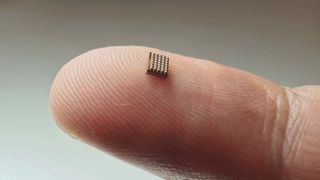Electronics
Latest about Electronics

Quantum materials with a 'hidden metallic state' could make electronics 1,000 times faster
By Perri Thaler published
By heating and cooling a quantum material called 1T-TaS₂, researchers were able to control its conductive properties, showing that this type of material could speed up electronic processing one thousand fold.
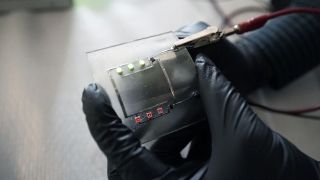
New liquid metal-infused circuit board can withstand heavy damage and heal by themselves
By Alan Bradley published
New recyclable electronics could be critical to curbing e-waste, scientists argue, especially because these circuit boards can be repaired or reconfigured by simply applying heat.
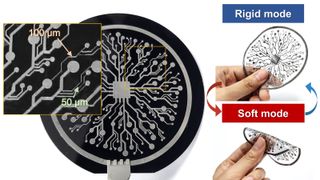
Scientists invent weird, shape-shifting 'electronic ink' that could give rise to a new generation of flexible gadgets
By Owen Hughes published
Scientists harnessed the unique properties of gallium to create the ink, which can be produced using conventional printing methods.

Best power banks and power stations 2026
By Tantse Walter last updated
Buying Guide Our pick of the best power banks and power stations to keep you energized away from home.

What is Moore's Law?
By Tim Danton published
Moore's Law was an off-hand prediction that came to be one of the prevailing laws of modern computing — but what did it predict, and can we still rely on it?
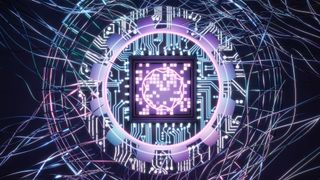
What are neural processing units (NPUs) and why are they so important to modern computing?
By Tim Danton published
Neural processing unts (NPUs) are the latest chips you might find in smartphones and laptops — but what are they ard why are they so important?

China's '2D' chip could soon be used to make silicon-free chips
By Alan Bradley published
Advances in materials and architecture could lead to silicon-free chip manufacturing thanks to a new type of transistor.
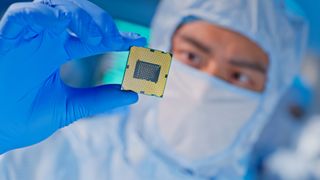
TSMC's upcoming 2nm microchip is a breakthrough. Here's what it means for the future of tech — from AI to smartphones.
By Domenico Vicinanza published
Opinion Taiwanese manufacturer TSMC will begin producing the chips from the second half of this year.
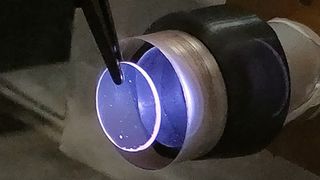
Quantum-inspired storage can store 100s of terabytes of data on a tiny crystal — with plans to make them into much larger discs
By Tim Danton published
Scientists have found a way to store hundreds of terabytes of data onto a tiny crystal, with plans to scale this up to a disc-sized device that can be compatible with modern computing.
Get the world’s most fascinating discoveries delivered straight to your inbox.
 Live Science Plus
Live Science Plus





